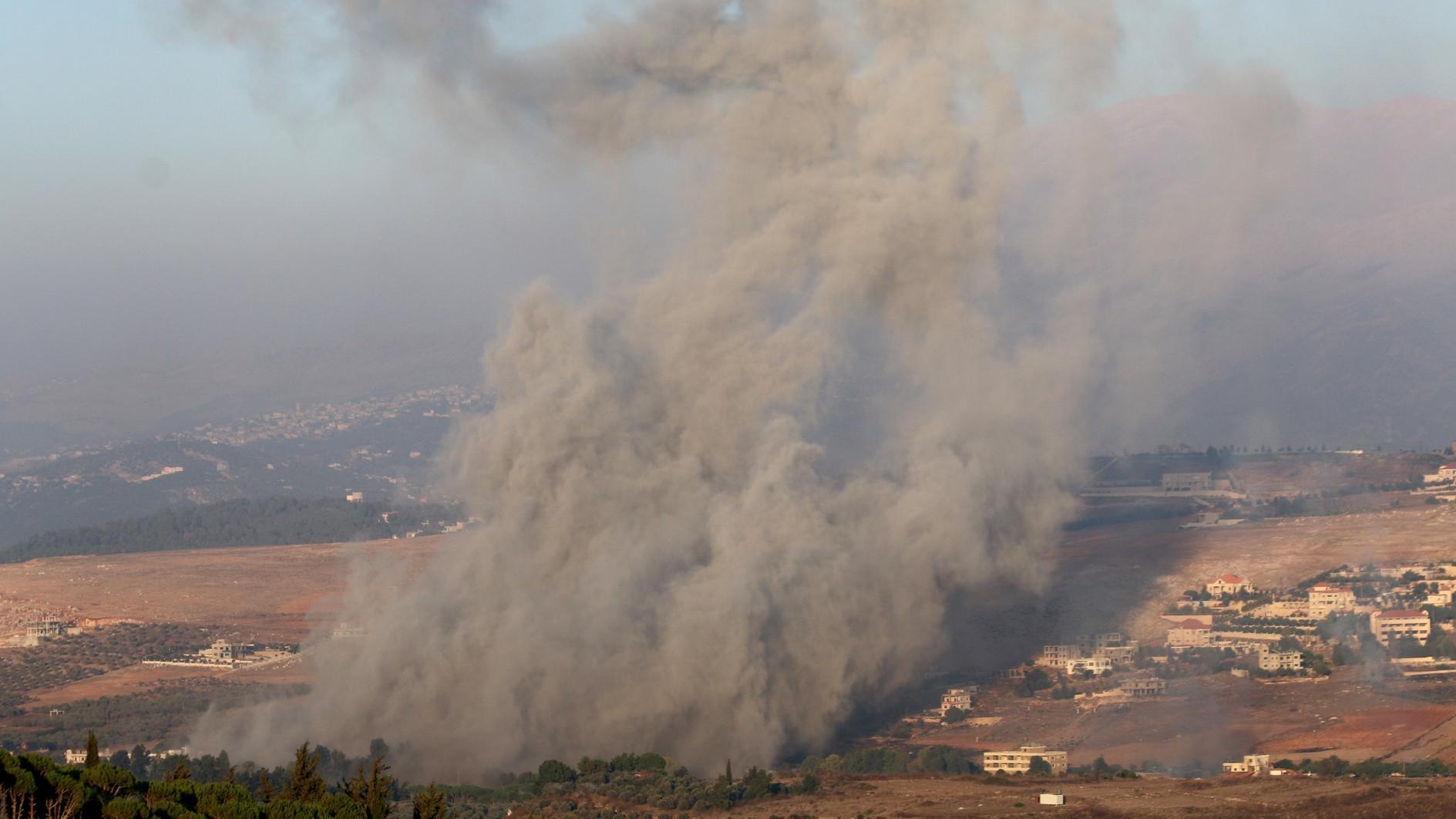
Israeli killing of Hezbollah leader Hasan Nasrallah has pushed the ongoing conflicts in the Middle East into a new extent and a more precarious dimension, with several uncertainties and the risk of further escalation gripping the region.
Israel's foes vowed revenge after Iran-backed Lebanese Hezbollah announced its longtime leader was killed in an Israeli air strike on Beirut suburbs on Sept. 27. With Nasrallah's cult status among his Shiite Muslim supporters, the influence he had over Lebanon's institutions and Hezbollah's formidable arsenal, his death is bound to have ripple effects across the country and the wider region.
Over his 32 years leading the organization and with the support of Iran, Nasrallah built Hezbollah into a domestic political force in Lebanon and one of the most heavily armed nonstate forces in the world.
Lebanese Prime Minister Najib Mikati announced a three-day national mourning after the assassination. The statement added that public offices will also close on the day of Nasrallah’s funeral. Hezbollah, however, has not yet announced the date for the funeral.
Protesters gathered not only in Lebanon, but also in Iran, in the occupied West Bank and Pakistan to mourn his assassination.
World powers also warned of the killing's potential repercussions, with the spectre of all-out war looming over the Middle East.
Lebanon's army yesterday warned Lebanese against actions that would disturb public order in the crisis-hit country, calling on the public “to preserve national unity and not to be drawn into actions that may affect civil peace at this dangerous and delicate stage.”
In their first statement, both Hezbollah and Israel declared that they will continue fighting, with the Israeli army vowed to extend the scale of its strikes as it ordered evacuation order for larger area late on Sept. 28.
The Israeli military yesterday said that it killed another high-ranking Hezbollah official, Nabil Kaouk, in an airstrike. He was the deputy head of Hezbollah's Central Council.
This also came hours after an Israeli airstrike on northeast Lebanon killed 11 people.
Meanwhile, the number of those displaced by the conflict from southern Lebanon has more than doubled and now stands at more than 211,000, according to the United Nations.
The U.S. media reported that Israel had known of Nasrallah’s location for months before launching the strike that killed him. Planning for the operation took place even as Israeli officials were involved in talks with the U.S. on a potential pause in hostilities, and before Prime Minister Benjamin Netanyahu departed to New York early on Sept. 26 morning to speak at the United Nations General Assembly, the report said.
Two of the officials said that over 80 bombs were dropped in the strike, which flattened six buildings in southern Beirut.
On the future of the conflict, the Israel Defense Forces may have begun, or is about to begin, small operations across the Lebanon border to take out nearby Hezbollah positions, two U.S. officials told the media. The report refers to small-scale “border movements.”
In the awaited remark from Iran following the assassination, Supreme Leader Ayatollah Ali Khamenei issued a strong condemnation of Israel’s actions in Lebanon, particularly decrying the "mass killing of women and children." He warned that Israel "will regret" its recent military operations in the country.
Khamenei went on to assert that Hezbollah would play a decisive role in determining the future of the region.
According to the U.S. media, Iran’s leadership is divided and bewildered over Israel’s assassination of Nasrallah, four Iranian. While conservative Iranians want a strong response, including a direct attack on Israel, moderates are urging restraint.
In the meantime, Netanyahu said he ordered the killing of Nasrallah because the Hezbollah leader’s elimination was essential to enabling the safe return of Israel’s northern residents.
Nasrallah and his colleagues were “the architects of the plan to destroy Israel,” he said.
U.S. President Joe Biden also said the killing of was a "measure of justice" for his many victims.